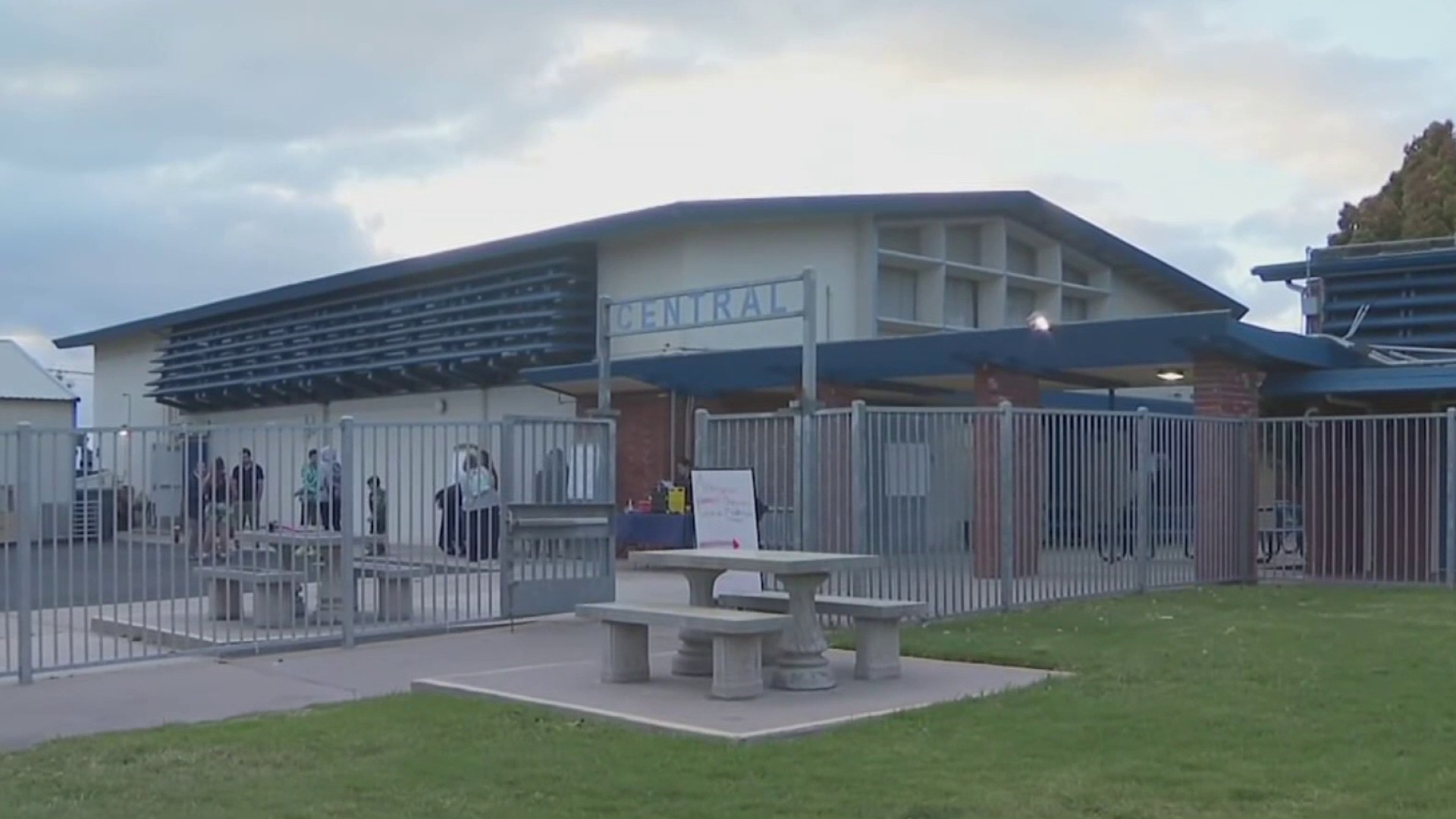
Although San Diego County's assessor's office reports a sizable uptick in local property tax revenue, the figures don't seem to correspond to San Diego's skyrocketing home prices. The reasons why, say local officials, come down to California's Proposition 13 and the pandemic.
The county's assessed value of all taxable property recently hit a record-setting high of $627.25 billion this year, a 3.72% increase -- or $22.5 billion -- over last year, San Diego County Assessor Ernest J. Dronenburg Jr. announced on Tuesday.
At odds with that increase, though, is the fact the median price of a single-family home in San Diego County rose 3% just in May of this year -- and on a year-over-year level, the price was 30% higher, rising to $851,000 from $655,000 in May of last year.
Dronenburg on Tuesday certified and closed the 2021 assessed value roll of all taxable property, which is based on assessed values as of Jan. 1. Having some effect on the overall property tax assessment were reductions for those affected by COVID-19 government restrictions.
Get San Diego local news, weather forecasts, sports and lifestyle stories to your inbox. Sign up for NBC San Diego newsletters.
"The 2021 property tax roll reflects the great work my team did with our key partners, proactively reaching out to small business and property owners impacted by COVID-19 to help them qualify for $1.1 billion in assessed value reductions for property tax relief," Dronenburg said.
The tax roll in San Diego consisted of 1,006,991 real estate parcels, 54,148 business personal property accounts, 13,312 boats and 1,550 aircraft. The roll's total net assessed value is $602.06 billion after deducting $25.19 billion for a record reduction resulting in more than $250 million in property tax savings for homeowners, disabled veterans and charitable organizations.
The assessor's outreach program qualified 471,161 homeowners for more than $32 million in savings from the Homeowners' Exemption; 11,983 San Diego County disabled veterans for over $17 million in savings using the Disabled Veterans' Exemption; and 5,148 welfare institutions, such as schools, churches, museums and nonprofits for more than $201 million in property tax savings.
Local
The most significant reason, of course, why property taxes are not matching year-over-year increases in the median home price is California's Proposition 13, which limited property tax payments based on a home's assessed value.
"… due to Prop 13, passed by voters in 1978, there was a limitation placed on property tax increases of up to 2% of the assessed (taxable value – not the market rate)," San Diego County taxpayer advocate Jordan Marks told NBC 7 via email. "In addition, the people voted to measure the potential increase by the California Consumer Price Index (based on cost factors like eggs, gas 2021-22 California Consumer Price Index). That rate was just over 1% and reflected the downturn in the economy from COVID."
In addition, Marks said home values rose on average only 10% during the 2020-21 tax year, which is at odds with the 30% year-over-year increase in the median price of a home cited in the California Association of Realtors' report on May home values.
According to Dronenberg, the 2021 property tax roll "highlights that Proposition 13 delivered on its key promises -- first, that taxpayers be protected from unaffordable property taxes due to skyrocketing real estate values that could cause them to lose their homes. Second, it provided for the ninth year in a row a reliable and increased government funding source for key services like schools and first responders, insulating them from the current COVID-19 pandemic."
Lemon Grove realized the highest assessed value growth rate at 6.08%, while National City saw the lowest growth rate at 2.60%. National City posted the county's highest last year, with 7.10% growth.
Qualcomm is San Diego County's first property taxpayer to have one of its properties assessed value enrolled on the tax roll for more than $1 billion.



